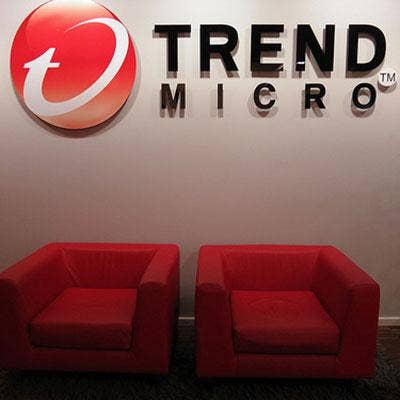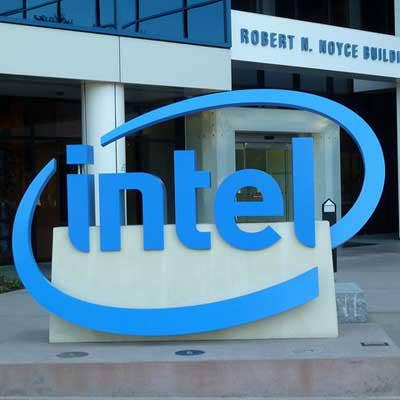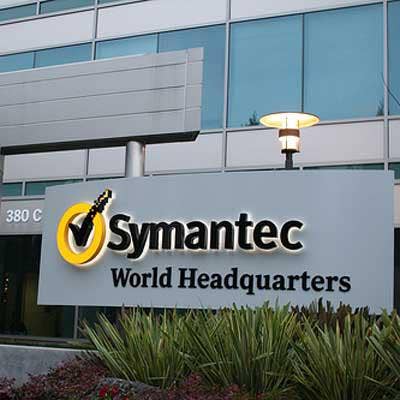IDC: Top 5 Corporate Endpoint Security Leaders

Vendors Eye More Corporate Endpoint Security Growth
Endpoint security platforms continue to experience growth, driven by the need to protect mobile devices and virtual environments, according to Framingham, Mass.-based IDC. The global endpoint security market came in at $8.8 billion in 2013, according to IDC's analysis issued this month. The company expects the global market for endpoint security software to grow at a compound annual growth rate (CAGR) of 5.1 percent from 2013 to 2018. The majority of the market is consumer-based, said IDC, but analysts predict the global corporate endpoint security market will experience slightly higher growth than consumer offerings and ultimately make up a larger portion of the overall global market. CRN pulled together 10 of the global leaders in the corporate endpoint security market listed in the IDC study along with an upate on each vendor's overall growth strategy and product development.

6. Others
ESET, IBM, F-Secure, Microsoft and Check Point Technologies round out the market share leaders for global corporate endpoint protection. ESET, with global headquarters in Bratislava, Slovakia, is established in Eastern Europe and analysts say it has been making gains in the U.S. with adoption by small and midsize businesses. IBM's core adopters are large businesses and added to its market share through the acquisition of Israeli antifraud and endpoint security vendor Trusteer. The purchase price was estimated to be $1 billion. IBM also acquired Fiberlink in 2013 for mobile device management.

5. Kaspersky Lab
Kaspersky Lab took the fifth position in IDC's analysis of global corporate endpoint security software with a 6.2 percent market share. The Moscow-based company faced a setback in April when Stephen Orenberg, a noted sales veteran who shaped the company's U.S. strategy as its president, stepped down along with the company's global chief technology officer and other key executives, citing a dispute over the company's strategy. Chris Doggett, who led the Kaspersky Lab North American channel program, was elevated to managing director of U.S. operations. But the company has been unveiling product improvements. In addition to introducing Security for Virtualization, Kaspersky Lab has added threat intelligence services and is encouraging partners to sell enhanced support options to clients. Company CEO Eugene Kaspersky's vision is to address critical infrastructure protection and continue to provide research on targeted attacks that use custom malware and zero-day exploits. He also invested in developing a separate Kaspersky Lab federal arm in an attempt to win U.S. federal government contracts for critical infrastructure protection. The company is also said to be testing anti-distributed, denial-of-service capabilities in Russia and Europe.
4. Sophos
U.K.-based Sophos came in fourth place, capturing a 7.8 percent market share in the global corporate enterprise security market. Sophos ranks sixth when factoring consumer antivirus, ranking behind ESET and Kaspersky Lab. Sophos CEO Chris Hagerman unveiled the company's vision to North American partners in May, which includes placing much of its attention in winning deals among small and midsize businesses. The company's long-term strategy is to unify its portfolio, linking its unified threat management appliances with its endpoint security suite and its cloud and mobile security components. The goal is to provide visibility of the network and endpoint on one management console and have the ability to drill down and address threats identified on endpoint devices.

3. Trend Micro
Trend Micro took the third spot with an 11.4 percent slice of the global corporate endpoint security market, IDC said. Trend Micro grew its overall revenue by 3.6 percent. The Tokyo-based company added application control, browser exploit detection and a cloud-based secure Web gateway deployment option. Trend Micro Channel Chief Partha Panda said one of the key changes made was to simplify the package options. The company also cut some underperforming partners and is mapping its products to create versions for established industry verticals, Panda said in a recent interview. The company has also been busy building out its cloud security and Custom Defense capabilities to identify advanced threats used in targeted attacks.

2. Intel Security (Formerly McAfee)
Intel Security (formerly McAfee) is gaining on archrival Symantec, coming in with a 17 percent market share for global corporate endpoint security, according to IDC. Intel Security's overall revenue grew by 6.4 percent in 2013. The Santa Clara, Calif.-based company sells a business and enterprise-grade version of its Complete Endpoint Protection suite. It also sells specialized versions with auditing, a SaaS version and a basic endpoint protection suite. The company also announced a strategy in April to work with manufacturers and technology distributors to bolster security in increasingly Internet-enabled embedded systems that run anything from household appliances to industrial sensors.

1. Symantec
Symantec leads the global corporate endpoint security market with an 18.4 percent stake in the market, according to IDC's analysis. Symantec retained its No. 1 position even as overall revenue grew less than 1 percent in 2013, IDC said. The Mountain View, Calif.-based company undertook a complete go-to-market strategy in 2013, which included layoffs and internal changes that impacted more than 90 percent of the company's sales force. The company's board of directors fired CEO Steve Bennett in March, indicating that his strategy wasn't producing results fast enough. Interim CEO Michael Brown, said a new CEO is expected to be named at the end of September. Symantec has been undergoing a complete review of its product line since Bennett's departure and announced new advanced threat-detection services. The company recently reduced the number of versions of its Norton Antivirus line for consumers and small businesses and eliminated retail sales.